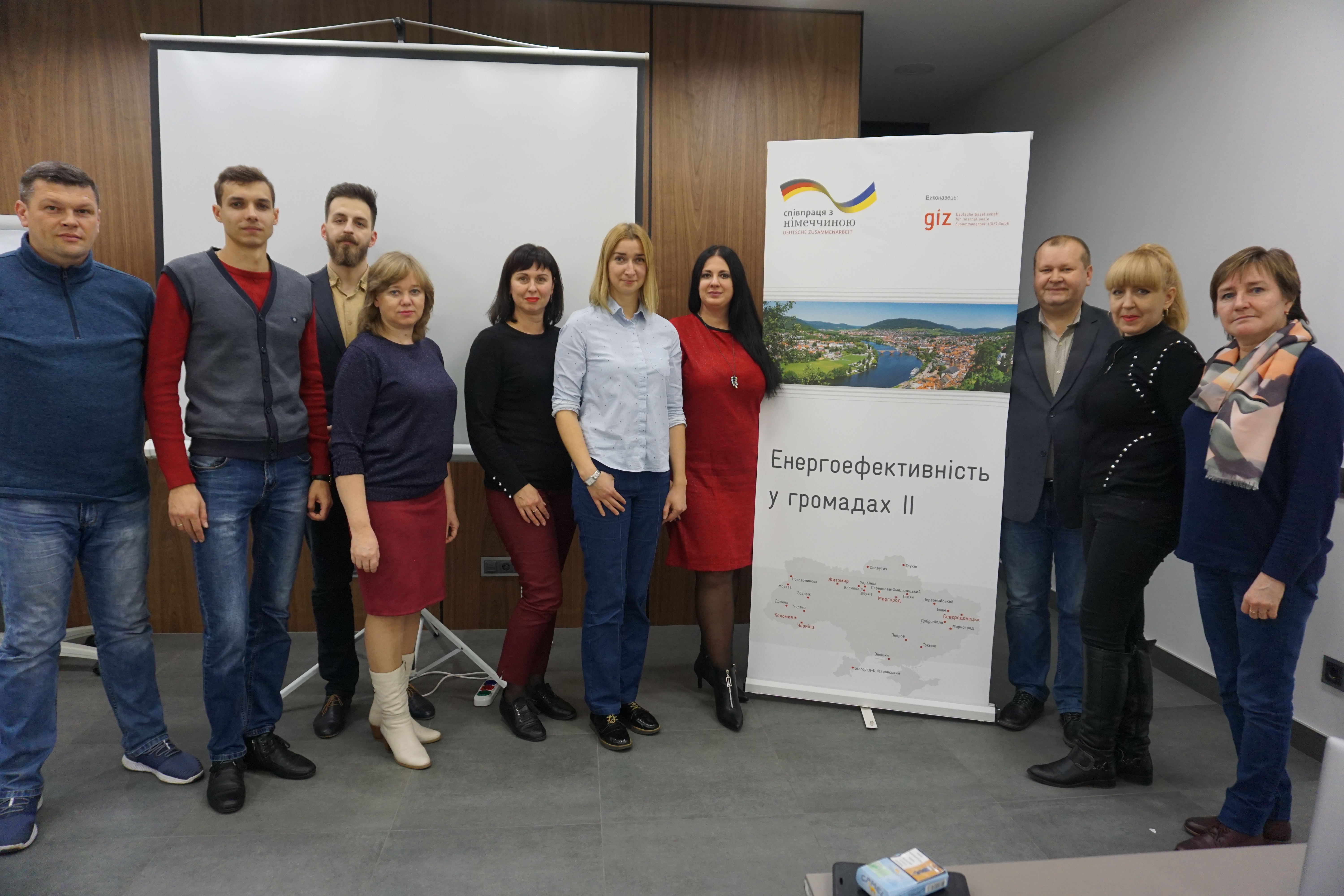
On November 7-8 GoLOCAL experts with the support of the project «Energy Efficiency in Communities II» implemented by GIZ Ukraine on behalf of the Federal Ministry of Economic Cooperation and Development of Germany (BMZ) conducted a two-day training for energy managers from all over Ukraine.
The topic of the training is grant writing. One day program and 4 information units which cover all basic point of the grant application. Consider a little more?
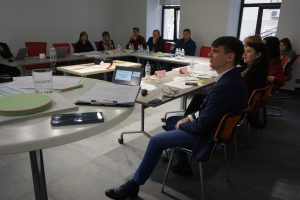
Unit 1 provides general information on grants – what, how, where and why?
This is a theoretical unit that gives a general idea of what exactly grants are, their structure, basic requirements, types of grants and also donors, types of donors, project logic (or how your application looks like from the point of view of a donor).
The experts also talk about where and how to look for grant opportunities, why donor compliance is important and also give practical general rules for completing applications.
Particular attention was paid to the application algorithm as it is the basic essential.
Developing a project concept plays the most significant role in your path to receiving a grant, as it is your only chance and a channel of communication with the donor, so the experts explained in detail how to find and «solve an unresolved problem» with your supported project.
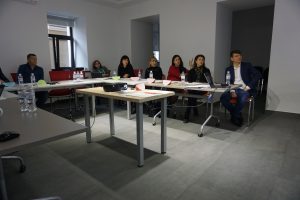
In the 2 unit we talk about all the stakeholders and project monitoring. Stakeholders, target audience and final beneficiaries seem very similar but different concepts, as appears.
The experts also paid a lot of attention to the results and monitoring of the project, because without measuring the results and understanding the real benefits of the project, we can assume that the project did not take place.
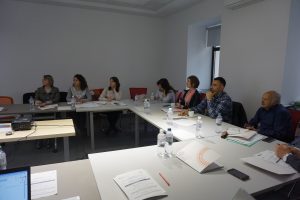
Everyone wants to get funds, but no one wants to report it. This is the third unit of training programme. The budgeting rules, budgeting itself, financial risks and inaccurate calculations are all described in great detail.
The other part of the unit 3 is an communication campaign, such as how you plan to communicate the project to your target audience, what channels you need to use to maximize the effectiveness, which pitfalls can be on your way to full media-coverage of the project. And of course, you should not forget about the donor – they love mentioning of their organization in all the materials of the project.
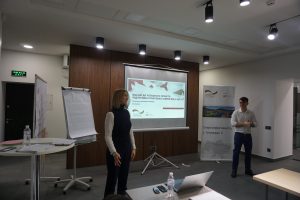
The last but not the least unit 4. Report. A scary word, which is not so scary when you get to know it better. Reporting is especially important for donors, so it cannot be ignored because you are reporting to the donor and they do the same to their government of their country. Therefore, take into account the fact that the donor is not the last instance and no one needs to end cooperation with a negative experience (or without report).
Each unit is supported by practice – experts have prepared several tasks after each part for the most efficient learning.
However, if it is difficult for you to deal with the requirements of the donor on your own – you can always seek the help of experts. For 5 years our team has been successfully raising donor funds for various projects and we have a quite extensive expertise in grant funding. From now on we provide advice to startups,small and medium entrepreneurs and NGOs.
To get our help, fill out the online form via https://cutt.ly/8eIAls4.
